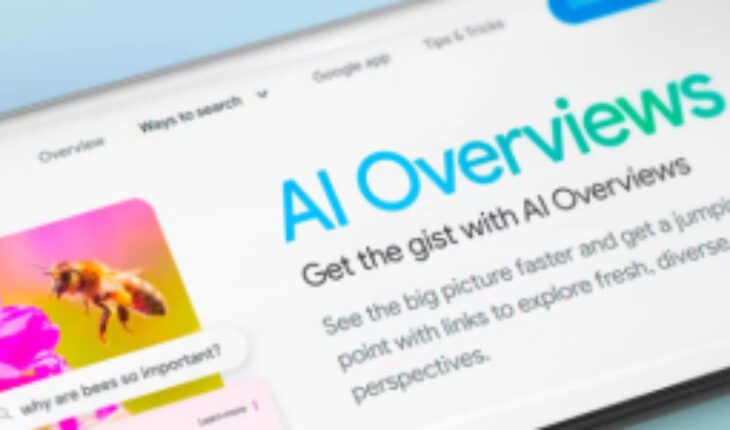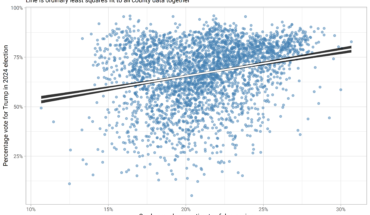Google AI Overview: New research provides insights BY Legitcarders

The new study of BrightEdge provides some snapshots of query, which often shows Google AI Overview (AIO) and provides more common queries and views of AIO.
These discoveries show the huge differences in the amount of AI outline displayed in different vertical industries to reflect the common types of query. This effect can also be opposite, and some of the vertical industries have less AIO search function.
Is this a paradigm?
Although BrightEdge calls it the biggest paradigm for decades, I think that in recent cases, the transformation of Google search is underestimated, not just the search in 2024. With the introduction of Rankbrain and other subsequent changes at the search back end.
The biggest change of search this year is that as a search function, AI is more obvious at the front end, which largely replaces the role of the clip that once played. Perhaps more importantly, in early 2024, infrastructure changes may occur.
The parser generated by BrightEdge
BrightEdge has a technology called a parser, which is a model in the Google AI search function. BrightEdge uses it to generate a parser to generate research results on Google’s new AI overview (AIO) search function. BrightEdge’s vice president of operations, Neon Ghost Gouyet’s statement of Brightce GeneGed Parser,
What triggered AIO
The report of BrightEdge shows that feature fragments and problems may trigger the AIO function. The characteristic fragment is the answer to the question created directly through the website. BrightEdge found that when there are special fragments, AI overview is more likely to appear.
What will not trigger AI overview
Studies have shown that local search queries are the minimum possibility of triggering AI overview search results. This makes sense, because users are looking for structured search results (business name, address, phone number), and this information cannot be effectively summarized.
Similarly, it is unlikely to generate a search and query generating Sitelinks. Sitelinks is a search result related to brand search. These search have links to multiple websites. For example, the name of the search for clothing stores can produce search results, which contains search results for women’s clothes, men’s clothing and other pages. This is also meaningful, because this is the best search query summary with direct data answers.
The vertical industry is most likely to include AIO
When the vertical industry is compared, the search results with an overview of AI are very different (vertical industry means a specific industry or theme). This may not mean that Google has displayed more AIO for specific vertical industries. The search function is always related to the beneficialness of the function. Search quality appraisers, the test results of the new search results have tested the functions of functions and scored them to obtain help and other standards.
Search and query related to healthcare often generate an overview of AI at 63 %. It is meaningful to search for information.
The query of B2B technology tends to generate 32 % of AIO, while e -commerce search query triggers the time of an overview of AI.
Interestingly, restaurants and travel -related queries will not trigger AIO results.
The frequency of AIO display is less than SGE
Another interesting data point is that the number of AIO triggers is 20 % less than the search generation experience (SGE) answer.
BrightEdge provides three insights related to the experiment SGE.
BrightEdge Research pointed out that Google has improved the ability to improve the expected follow -up questions by providing a more completely answering AI search abstract.
The initial period of AIO
Google has received overwhelming negative comments from users and news media, which involves the quality of Google AI outline, which may lead to trust. BrightEdge’s report can be regarded as a snapshot of Google AIO today. I dare to be sure that when Google (AI) SERP finally changes again, BrightEdge will come back to use new data in the future.




